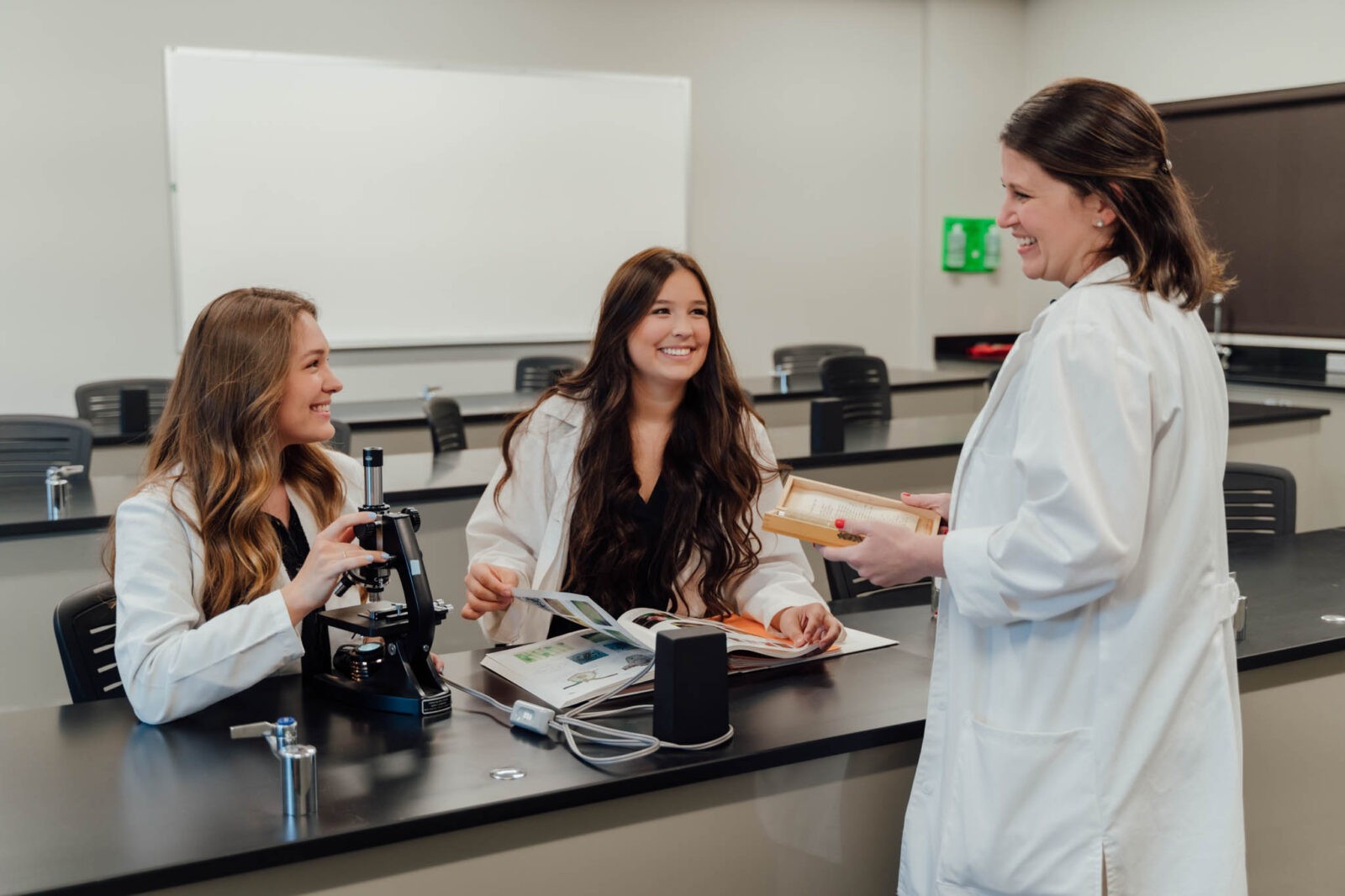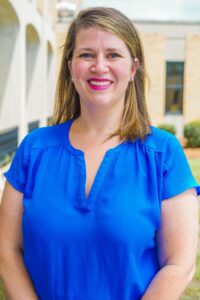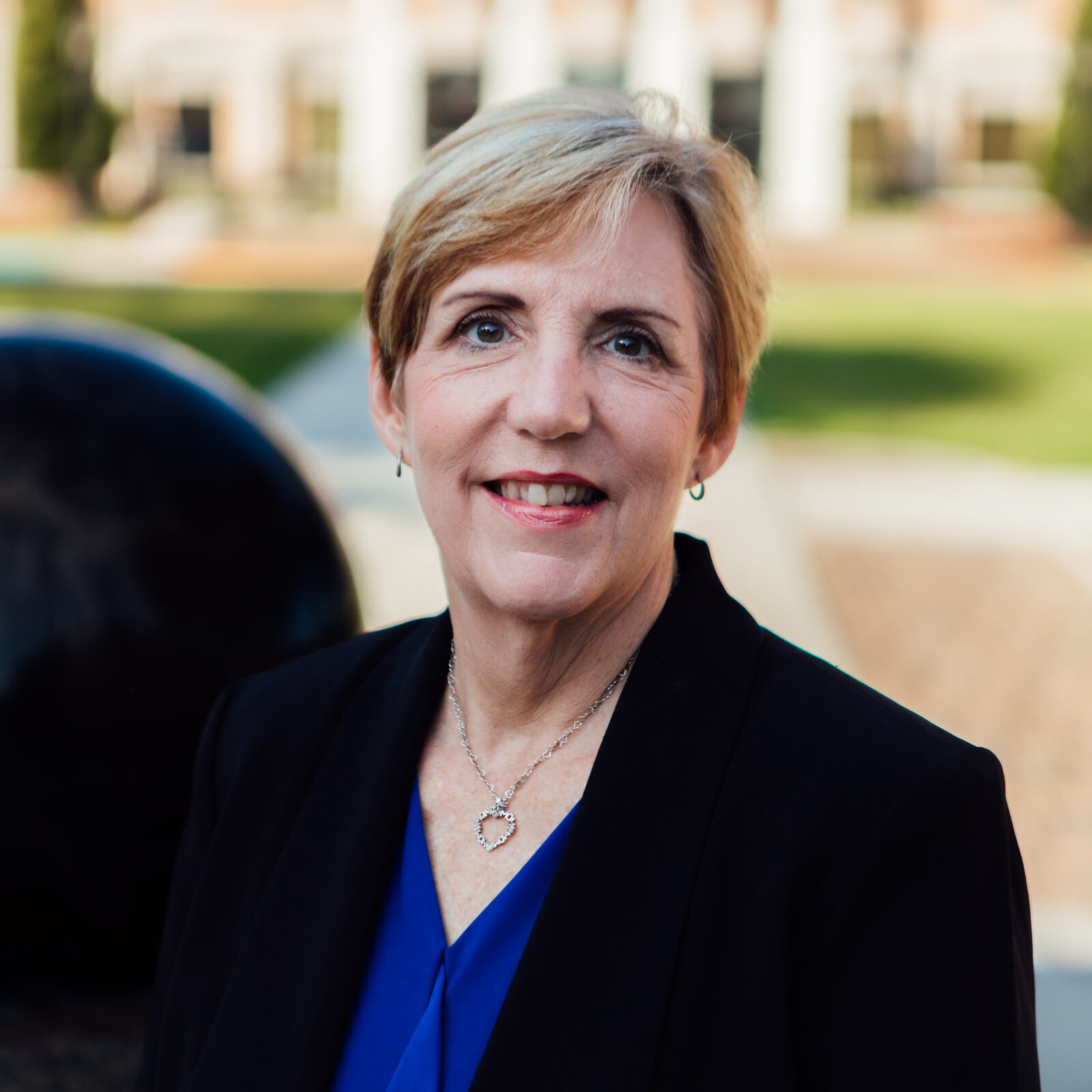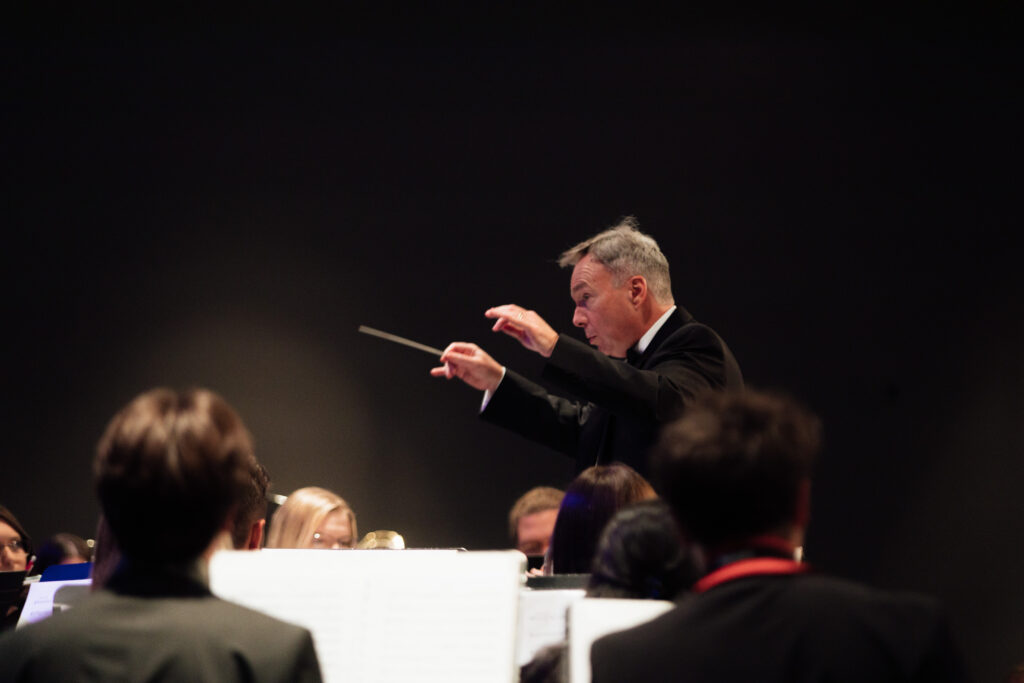Q&A with UM Biology Professor Ashley Lindsey

 University of Mobile Biology Professor Ashley Lindsey wants her students to understand the impact scientific innovation can have in society as a whole – and in their own lives.
University of Mobile Biology Professor Ashley Lindsey wants her students to understand the impact scientific innovation can have in society as a whole – and in their own lives.
Her interest in the study of infectious disease is a prime example.
“It is an area of medicine and research that really focuses on discoveries that directly change the way patients are treated in the clinic,” she says. “Scientists can focus on illnesses that are completely unknown, but greatly affect global health, and, through substantial work, gain an understanding of how to prevent and treat these illnesses.”
We asked the professor in UM’s College of Arts & Sciences about her own scientific journey.
Q: You have taught at UM since 2021. What is your background?
A: I graduated with a Ph.D. in basic medical science from the University of South Alabama in 2014. I completed two post-doctoral fellowships: one at the USA Mitchell Cancer Institute focusing on lung cancer therapeutic development and one at the USA Laboratory for Infectious Diseases focusing on viral vaccine and therapeutic development.
I am interested in the development and application of biotechnology in medicine, which led me to work as the marketing and licensing associate for the Department of Research at the University of South Alabama. During my post-doctoral fellowships, I was also an adjunct college professor and discovered a passion for helping students achieve their career goals. I currently serve on a variety of biotechnology boards. I really strive to be a cheerleader for innovation and education.
Q: What drew your interest to the study of pulmonary vascular repair following bacterial pneumonia?
A: In the case of bacterial and viral pneumonia, it can develop into Acute Respiratory Distress Syndrome or ARDS, which is one of the leading causes of death in ICU patients. About 200,000 Americans are diagnosed with ARDS each year, and this number has increased with the recent COVID-19 pandemic. Forty to sixty percent of individuals that acquire ARDS die, and therapeutics to treat this condition are poorly understood.
This is just an example of how infectious diseases are always changing and how the study of these diseases can provide a significant global impact.
Q: What courses do you typically teach?
A: General Biology, Microbiology, Nutrition, and Immunology. Micro has been my favorite so far! It is one of the first higher level courses that science majors take and it is a fun experience to watch students directly apply the information to their chosen careers. It also allows me to focus on a subject that I have studied for years and love – infectious disease!
Q: What do you like most about the University of Mobile?
A: The people! Fellow faculty members, students, administration, staff. Everyone is so cheerful, personable and genuine. It makes for both an enjoyable and productive environment.

Kathy Dean uses her passion for storytelling and “playing with words” to share the stories of people, place and purpose that make the University of Mobile unique. As associate vice president for university communications, she manages media relations, edits the TorchLight alumni magazine, and oversees university communications. A former award-winning journalist, she is a two-time recipient of the Baptist Communicators Association grand prize for feature writing. Kathy and her husband, Chuck, live with three extremely loud miniature schnauzers.



